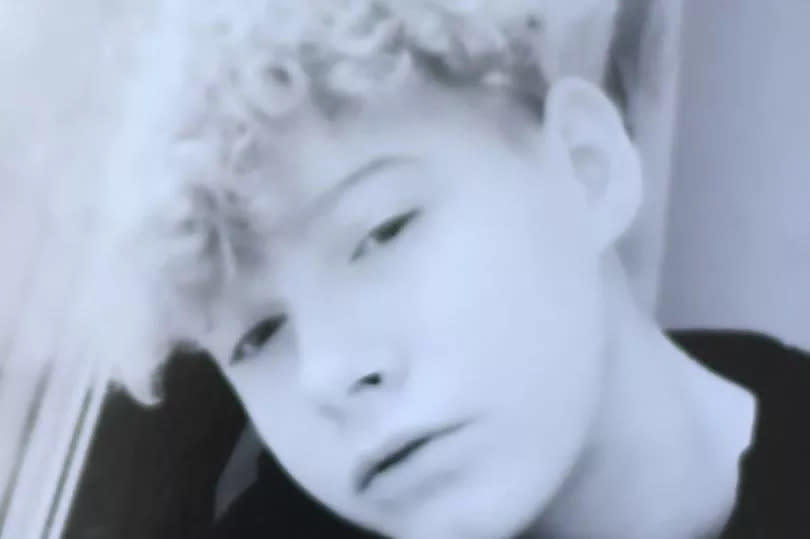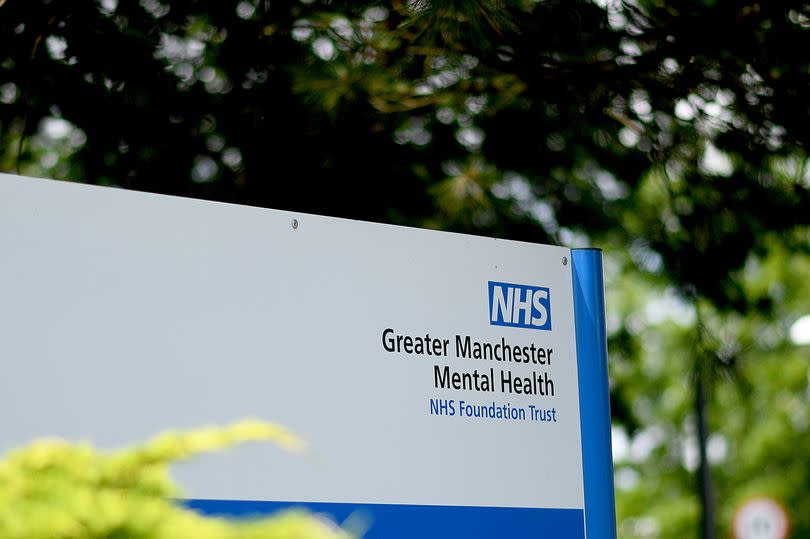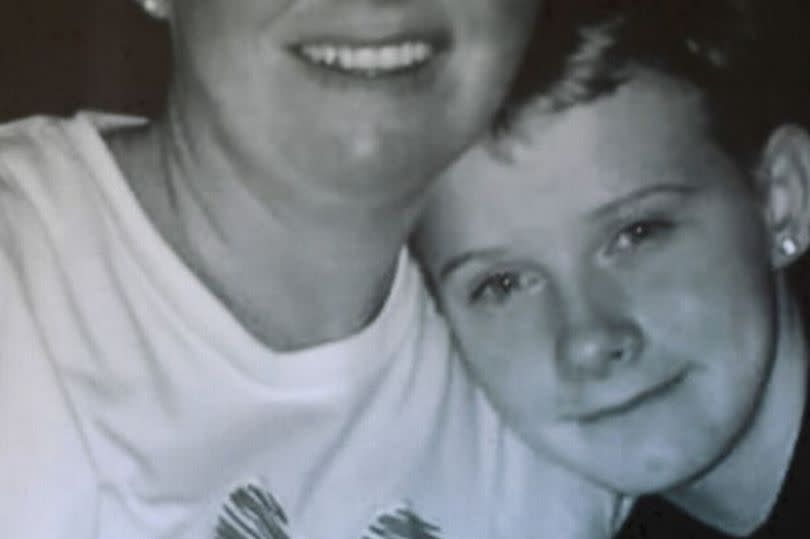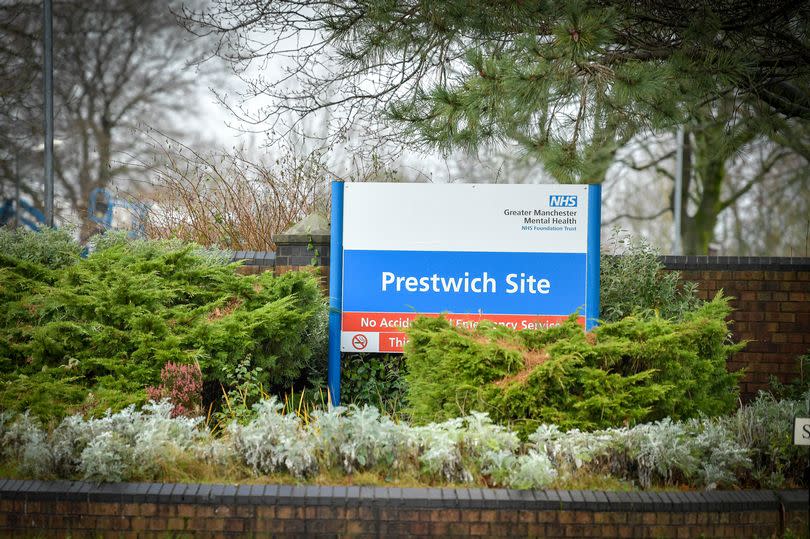Mistakes made with Charlie Millers' notes, inquest hears on what would have been his 21st birthday

The inquest into the tragic death of Charlie Millers continued today (April 17) – what would have been his 21st birthday. The court heard how the mental health ward Charlie was staying on was ‘visibly chaotic’ and documentation failed to be completed correctly on the evening he was fatally injured.
The unit was struggling with a number of patients in crisis while facing short staffing, according to those working there the night he was fatally injured there. Charlie was returning from home leave to the ward that evening, the inquest heard, a move which often provoked Charlie to self-harm.
The 17-year-old trans boy died five days after he was found unresponsive in his room on mental health unit Junction 17 at the site of the former Prestwich Hospital, run by Greater Manchester Mental Health Trust (GMMH) late in the evening of December 2nd, 2020.
READ MORE: Teen Charlie Millers died after treatment on short-staffed mental health ward, inquest told
Charlie died from a hypoxic brain injury after being found completely unconscious with injuries caused by a ligature. At the time he was on a strict observation regime where he was supposed to be checked on every five minutes, the court was told in a four-week inquest with a jury.
Coroner Joanne Kearsley marked what would have been Charlie’s 21st birthday by addressing Charlie’s family at the close of today’s hearing, saying: “I imagine it’s difficult every day, but I can’t imagine how difficult it was today.
“I hope today you can try to remember all the good things we’ve heard about Charlie.”

Charlie’s ward in Junction 17 was facing short staffing, as the planned nurse in charge for the night shift on December 2 could not fulfil her duties after being assaulted by a patient, heard Rochdale Coroner's Court. Ward manager Opeoluwa Kareem-Adekunle, known as Joy, said she attempted to find someone to fill the shift but there was no one available.
After working during the day, Ms Kareem-Adekunle and other managers decided that she would go home for a few hours on December 2 before returning to fill the lead nurse night shift, having previously been a nurse in charge earlier in her career.
Yesterday, the inquest heard how the unit regularly struggled with short staffing – hamstrung by staff retention problems and the Covid-19 pandemic, which was still unfolding at the time of Charlie’s death and saw multiple staff going off sick.

On the evening of December 2, a number of patients were also in crisis, heard the court. That included one patient who was taken to hospital in a ‘medical emergency’, a busy intensive care section, a number of ‘psychotic patients’, and Charlie – who was involved in three ligature incidents in close succession before the incident which resulted in him being rushed to hospital.
One bank support worker who was working at the unit that night, Robert Clifton, gave evidence saying: “On entering the ward, it was visibly chaotic, there was no organisation.”
Charlie had returned to the ward from home leave just before 8pm that evening. The court heard how night time and returning to the ward from home were challenging for Charlie, and staff ‘knew Charlie was likely to self-harm’ that evening.
“When he comes back from home leave, he tends to self-harm, it was part of his return that he would self-harm,” Ms Kareem-Adekunle told the court. “When he comes back, I was ready to manage that risk.”

But there was documentation about Charlie’s observations that had not been filled in correctly by Ms Kareem-Adekunle, heard the court. Staff members’ names were listed as having done the checks, when those checks had in fact been completed by others.
Ms Kareem-Adekunle could not recall exactly who had done the checks more than three years after Charlie’s death, but assured the court that she believed the checks themselves would have taken place every five minutes as planned.
“Because of the acuity on the ward, it was really challenging to maintain that paperwork,” said Ms Kareem-Adekunle, who is now a matron for another mental health trust in Greater Manchester, Pennine Care, adding she had improved her approach to paperwork in the years since Charlie's death.

Members of the jury questioned whether Charlie should have been raised from five-minute observations to constant monitoring after the three ligature incidents before the fatal injury on December 2. But staff said that decision to raise the observations was not taken because he did not respond well to increased scrutiny which could have only worsened his mental condition, heard the court.
Charlie, from Old Trafford, had struggled with his mental health from about the age of five, which worsened through his teenage years. This manifested itself in serious self harm, thoughts of wanting to die and hearing voices, including a voice which Charlie named 'X' which told him to harm his family or himself.
The inquest had earlier been told how Charlie had been through a lot of 'trauma' throughout his life including being 'bullied at school' with 'acid thrown on him' and 'sexual abuse' over the course of five years. Charlie felt 'worthless', struggled with 'big feelings of shame' and 'did not feel safe in his relationships' ahead of his death, one doctor said.
His mother said she was determined to make sure Charlie got help. This included supporting Charlie in exploring his gender dysphoria, as Charlie had been saying from a young age, while still at primary school 'I am a boy'.
Proceeding.

 Yahoo News
Yahoo News 
